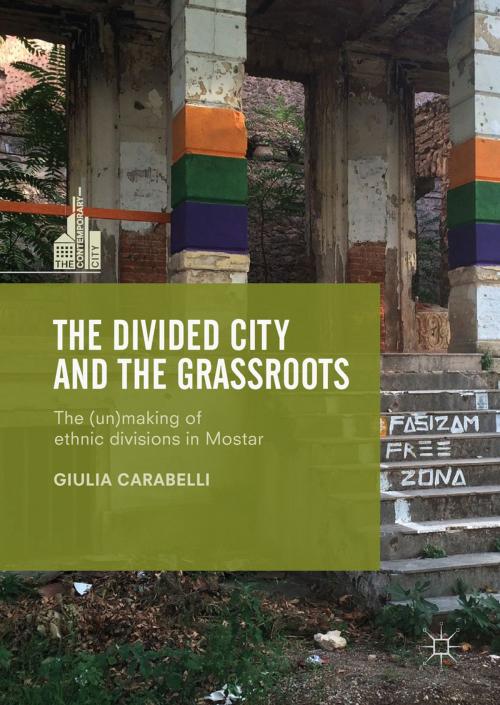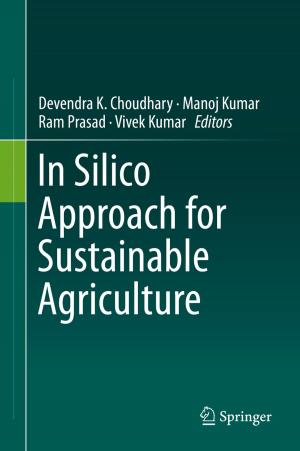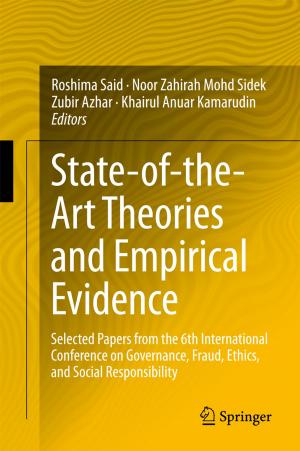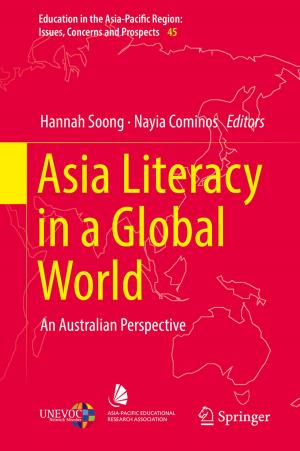The Divided City and the Grassroots
The (Un)making of Ethnic Divisions in Mostar
Nonfiction, Social & Cultural Studies, Social Science, Sociology, Urban, Political Science| Author: | Giulia Carabelli | ISBN: | 9789811077784 |
| Publisher: | Springer Singapore | Publication: | March 14, 2018 |
| Imprint: | Palgrave Macmillan | Language: | English |
| Author: | Giulia Carabelli |
| ISBN: | 9789811077784 |
| Publisher: | Springer Singapore |
| Publication: | March 14, 2018 |
| Imprint: | Palgrave Macmillan |
| Language: | English |
Focusing on Mostar, a city in Bosnia Herzegovina that became the epitome of ethnic divisions during the Yugoslav wars, this cutting edge book considers processes of violent partitioning in cities. Providing an in-depth understanding of the social, political, and mundane dynamics that keep cities polarized, it examines the potential that moments of inter-ethnic collaboration hold in re-imaging these cities as other than divided. Against the backdrop of normalised practices of ethnic partitioning, the book studies both ‘planned’ and ‘unplanned’ moments of disruption; it looks at how networks of solidarity come into existence regardless of identity politics as well as the role of organised grassroots groups that attempt to create more inclusive; and it critically engages with urban spaces of resistance. Challenging the representation of the city as merely a site of ethnic divisions, the author also explores the complexities arising from living in a city that validates its citizens solely through ethnicity. Elaborating on the relationships between space, culture and social change, this book is a key read for scholars, students, and urban practitioners studying ethnically divided cities worldwide.
Focusing on Mostar, a city in Bosnia Herzegovina that became the epitome of ethnic divisions during the Yugoslav wars, this cutting edge book considers processes of violent partitioning in cities. Providing an in-depth understanding of the social, political, and mundane dynamics that keep cities polarized, it examines the potential that moments of inter-ethnic collaboration hold in re-imaging these cities as other than divided. Against the backdrop of normalised practices of ethnic partitioning, the book studies both ‘planned’ and ‘unplanned’ moments of disruption; it looks at how networks of solidarity come into existence regardless of identity politics as well as the role of organised grassroots groups that attempt to create more inclusive; and it critically engages with urban spaces of resistance. Challenging the representation of the city as merely a site of ethnic divisions, the author also explores the complexities arising from living in a city that validates its citizens solely through ethnicity. Elaborating on the relationships between space, culture and social change, this book is a key read for scholars, students, and urban practitioners studying ethnically divided cities worldwide.















